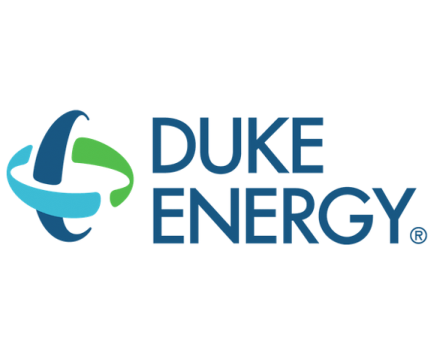
INDIANA – A call comes in. The caller I.D. says it’s Duke Energy. An urgent voice insists that your electric service is being disconnected in 30 minutes unless you pay over the phone right now.
If you get a call like this, hang up because Duke Energy never disconnects customers like this. Instead, call Duke Energy at the number on your bill 800-521-2232, or check your balance online or via the Duke Energy app. And just like that, you’ve beaten the scammer.
What to look for common scam tactics include:
- Threat to disconnect: Scammers may aggressively tell a customer their utility bill is past due, and service will be disconnected – usually within 30 minutes – if a payment is not made.
- New meter refund: After Duke Energy temporarily suspended disconnects in response to COVID-19 and offered extended payment plans, scammers adapted. Rather than focus on overdue bills, they tell the homeowner they need to pay a deposit for a new meter, which will later be refunded – again, insisting on immediate deposit.
- Mobile banking apps: Customers are instructedto send immediate payment through a mobile app. Duke Energy does not accept payments through the Cash App, Venmo or Zelle apps. (Customers can make payments directly on Duke Energy’s mobile app, available in the Apple App Store for iOS and the Google Play Store for Android.)
- Personal information: Criminals promise to mail refund checks for overpayments on a customer’s account if they can confirm their personal data, including birthdays and, in some cases, Social Security numbers.
Protect yourself‘
Customers with past due accounts receive multiple advance notices, typically by mail and in their regular monthly bill, and Duke Energy will always offer a variety of ways to pay a bill, including online payments, phone payments, automatic bank drafts, mail or in person. Duke Energy will never:
- Threaten immediate service interruption, call to demand payment about money owed without first sending you a notification by mail, or show up at your door demanding payment.
- Specify using a prepaid card or mobile banking app for payment.
- Ask for personal information or credit or debit card numbers over the phone, by email or in person – either for a payment or a refund.
Remember: if customers suspect someone is trying to scam them, they should hang up, delete the email or shut the door. Contact the utility immediately at the number on the most recent monthly bill or on the utility’s official website, not the phone number the scammer provides. If customers feel they are in physical danger, they should call 9-1-1. More information is available at Duke Energy’s website: duke-energy.com/StopScams.



